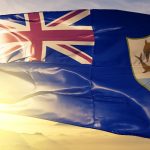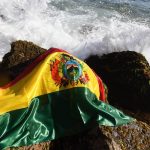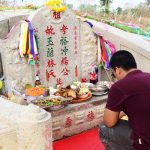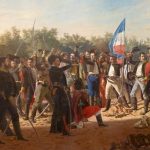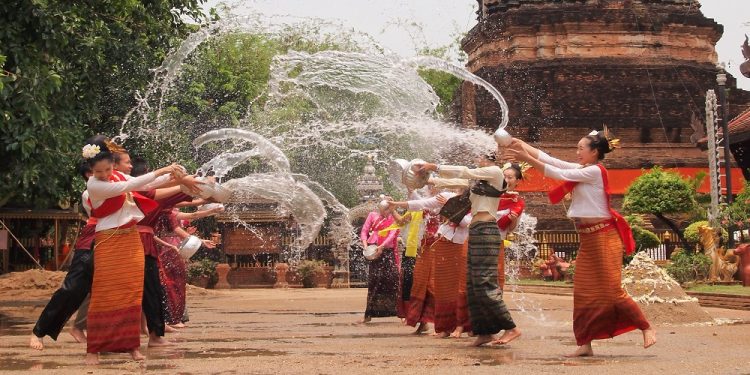
Songkran Festival
The Songkran Festival is a holiday that starts on April 13th every year in Thailand and celebrates the Thai New Year. It’s not only one of the most famous holidays in Thailand but is also well-known all over the world. The festival begins on the 13th of April every year and lasts for three days—until the 15th of April.
This holiday attracts tourists from every corner of the globe and is known for the big water festival that is part of the celebrations, known as the Songkran Water Festival. The name of this holiday, Songkran, comes from a Sanskrit word that means “astrological passing,” and it coincides with the rising of the astrological sign of Aries on the astrological charts. It also coincides with the New Year on other calendars of Southern and Southeast Asia.
The History of Songkran
According to Buddhist tradition and scripture, Songkran started with the death of Kapila Brahma. This story begins with a wealthy man who was belittled by his drunken neighbor because he had no sons. The rich man was humiliated by these torments and decided to beseech the Moon and Sun gods to grant him a son of his own.
All of his prayers went unnoticed; however, one day he offered cooked rice to the tree god living in a banyan tree. After he did so, the tree god asked Indra to grant his wish. This child was named Thammabal and he proved to be quite a clever child indeed. He knew bird language, taught people how to avoid the downfall of sin, and also learned three Vedas.
When Kapila Brahma learned about the cleverness of Thammabal, he wanted to test the child to see how clever he really was. The god offered him a chance to answer a riddle. Whoever answered the riddle first would win the contest and the loser would have his head chopped off. The riddle was as follows: “Where hides the glory (Sri) of men in the morning, during the day, and finally, in the evening?”
Thammabal thought about it for six days but couldn’t seem to come up with a solution to the riddle. This is when he decided to lay underneath a sugar palm tree and overheard a conversation that was taking place between two pairs of eagles who were planning to dine on his corpse once he lost the bet.
The female eagle asked the male eagle whether he knew the riddle or not. The male eagle answered: “The Sri appears on the face in the morning, so people wash their face. At noon, the Sri appears on the chest, so people spray it with perfume. In the evening, the Sri goes to the feet, so people wash their feet.” The boy memorized this answer and gave it to Kapila Brahma the following day. This resulted in Kapila Brahma losing the bet, so he called his seven daughters and told them they had to cut off his head.
When Kapila Brahma’s daughters showed up, he told them that if his head fell to the earth, then it would cause a fire that would engulf the world. If his head was tossed into the air carelessly, then the life-giving rains would stop, and if his head was dropped into the sea, then the ocean would dry up. To avoid these disasters, he told his daughters that they had to place his head on an elevated phan. His head was then stored in a cave on Mount Kailash.
Ever since, one of Kapila Brahma’s children and angels form a procession when the Sun enters Aries. One of his daughters takes the phan that has Kapila Brahma’s head and either sits, stands, reclines, or sleeps on the back of an animal. In the morning, she will stand on the back of the animal, at midday, she will sit, and at sunset, she will recline.
Between the setting of the sun and midnight, she will lie down on her animal mount but still keeps her eyes open. After midnight, she’ll sleep. The procession lasts for 60 minutes around Mount Meru and the first day of this period is known as Maha Songkran. In 1989, the Thai Cabinet fixed Songkran between April 12th and April 14th.
Songkran Celebrations & Customs
Before the first day of this festival, known as Maha Songkran (usually shortened to just Songkran), Thai people prepare for the festivities by cleaning their homes. Once that’s done, they can begin with the holiday festivities.
One of the most beloved traditions of this holiday is for people to mix fragrance into the water and then use that water to anoint their Buddha statues. People also pour this water on the highest-ranking Buddhist monks. This is believed to bring good luck to those who do it.
In some parts of Thailand, a Buddha statue is paraded down the street, and all the people in attendance fling water at it. Another tradition is that all houses are cleaned out for the New Year. The Songkran Water Festival is one of the biggest parts of this holiday. At this festival, residents splash each other with water and engage in various good-natured “water fights.” During these fights, they use their hands, water guns, and buckets to splash each other with water.
